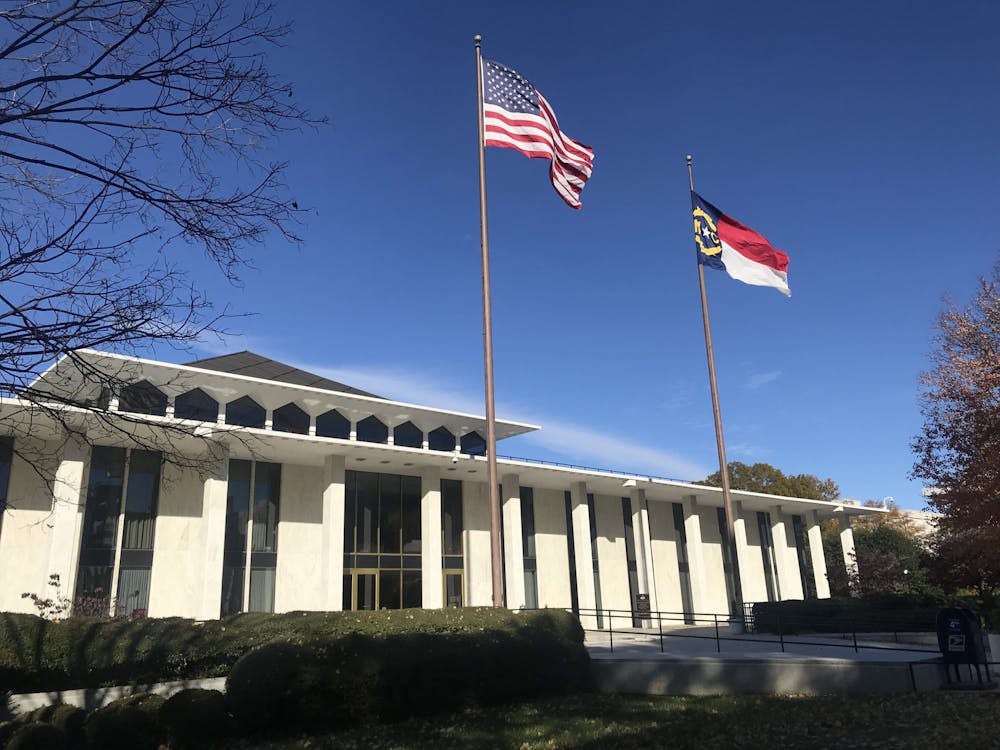After one of the longest sessions held in its history, the General Assembly adjourned until April. The legislature was able to accomplish some important things during the long session, but one item still has yet to pass: the state’s budget for 2020-2021.
The General Assembly has two sessions — the long session and the short session. During the long session, legislators are able to write and propose bills on any topic, but they are also obligated to write the state’s budget. The short session is designed to be a time where legislators can make adjustments and amend issues in the budget, or alter bills passed in the long session.
During this past long session, the General Assembly was unable to pass a budget. N.C. Rep. Graig Meyer, D-District 50, said the earliest the budget can be passed is April 28, unless the governor calls a special session.
“Right now, there are not any ongoing negotiations,” Meyer said.
Because of a law passed in 2017, the state government will continue to operate using current funding levels without a new budget. However, there cannot be any pay increases for state employees and the priorities from the previous year stay the same for the following year.
“There’s been no reset or change to those funding levels,” Meyer said. “All of the non-recurring items are not funded until the budget is passed.”
Non-recurring funds include items the state government takes over in the short term — such as grant funds for schools and nonprofits — that Meyer said are not being addressed due to the lack of a budget.
N.C. Rep. Verla Insko, D-District 56, said the last session was the longest in North Carolina history.
“Our 2019 session actually ran over into 2020,” Insko said. “We didn’t pass the budget. We didn’t pass Medicaid expansion. We didn’t cut taxes.”




